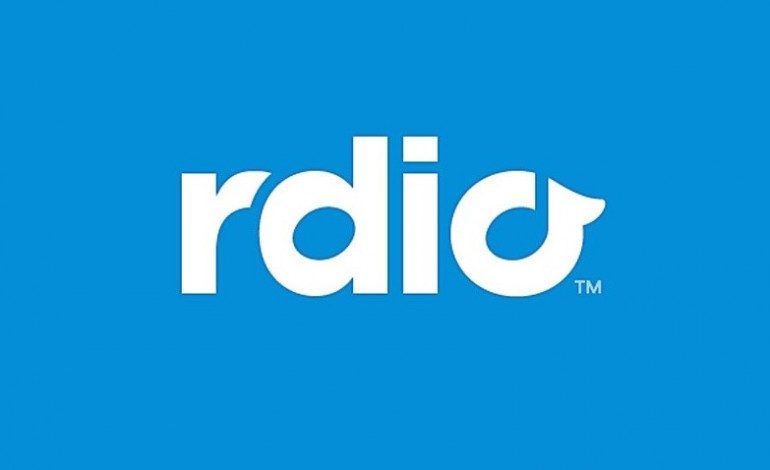

Internet music streaming technology pioneer Rdio filed for bankruptcy protection and plans to shut down its service. But, some of the talented employees, technology, and intellectual property of Rdio are being acquired by Pandora, as part of a recently announced deal.
The purchase price for these “key assets” is $75 million in cash, and the deal hinges on approval of Rdio’s bankruptcy protection filing that is currently in the United States Bankruptcy Court for the Northern District of California. If indeed given court approval, Rdio will be shutting down all of their services, as Pandora “is not acquiring the operating business of Rdio,” according to a press release.
In a press release, both, the Pandora Chief Executive Officer and Rdio’s Chief Executive Officer appeared to view this acquisition as beneficial with respect to the future of providing users with a positive streaming experience.
“The Rdio team built an acclaimed product and technology platform that has consistently led innovation in the young streaming industry. I’m pleased that many members of the Rdio team will continue to shape the future of streaming music, applying our tradition of great design and innovative engineering on an even larger stage with Pandora,” Rdio’s Chief Executive Office Anthony Bay said in a press release.
“We are defining the next chapter of Pandora’s growth story,” Pandora’s Chief Executive Officer Brian McAndrews said in a press release. “Adding live music experiences through Ticketfly was a transformative step. Adding Rdio’s impressive technology and talented people will fast-track new dimensions and enhancements to our service. I couldn’t be more optimistic about Pandora’s future and the future of music.”
While the optimism is evident, and the future seems bright, one large question remains – how much debt was Rdio in?
The Hollywood Reporter obtained a copy of the bankruptcy filing, and reported that, “At the time of the bankruptcy filing, Rdio has more than $190 million in secured debt and about $30 million of unsecured debt.”
“Much of the secured debt is owed to Pulser Media, which provided the bulk of the company’s financing since its inception in 2008 and is now a majority owner.”
And, what about that $30 million of unsecured debut?
“Rdio owes $2.7m to set-top box maker Roku; $2.4m to Sony Music; $1.25m to ticketing firm AXS Digital; $1.2m to Shazam; $613k to Warner Music; $500k to Facebook; $294k to Universal Music and $135k to Merlin,” Musically reports.
So, how much revenue was Rdio bringing in? And, where was that money being spent?
“[T]he service was generating $1.5m a month from subscriptions, up to $150k a month from ads, but was spending $4m a month on operating costs, royalty payments and salaries – in other words, it was losing more than $2m a month,” Musically reports, citing the filing that The Hollywood Reporter obtained.
In the wake of enormous competition from other streaming services like Apple Music and Spotify, mounting debt, and multiple bugs that have emerged within the streaming app, former Rdio employees are not surprised with the closure.
“For the last few months it seemed weird that Rdio still existed,” former design head Wilson Miner said in an interview with The Verge. “There were a lot of things working against it. It was just a matter of time.”
